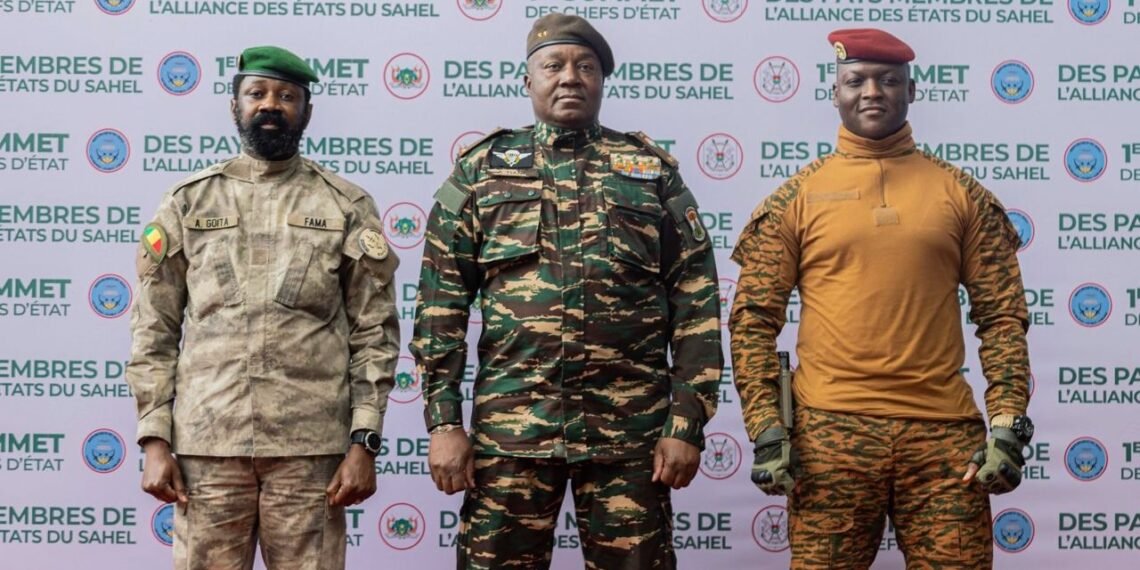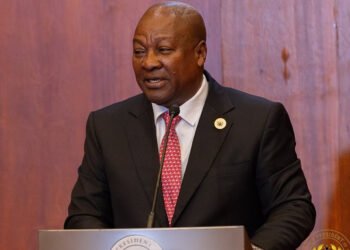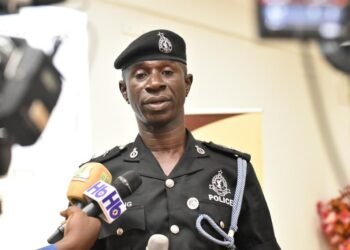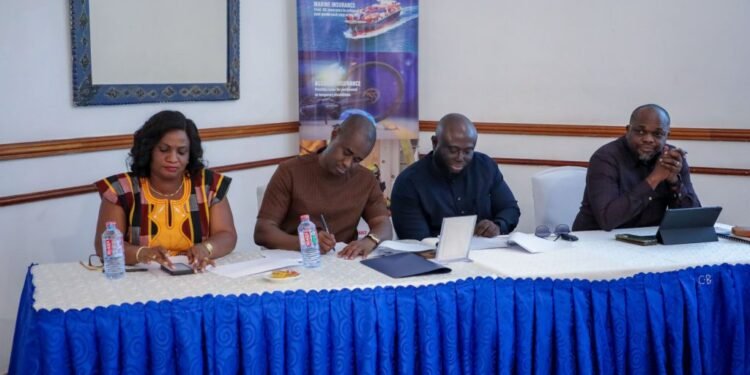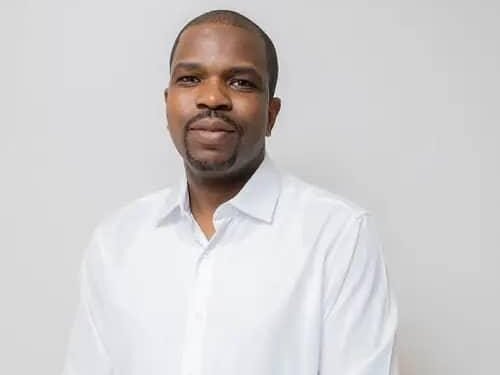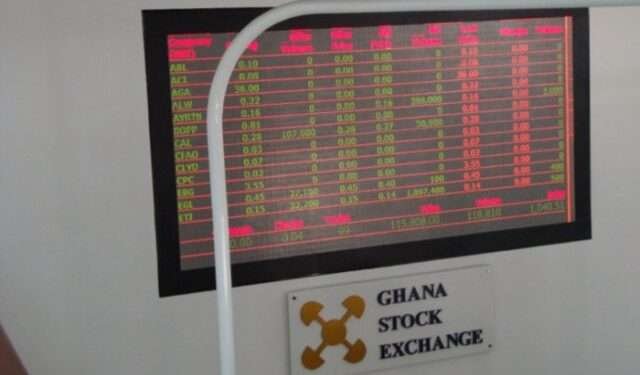President John Dramani Mahama has reaffirmed that the Economic Community of West African States (ECOWAS) is maintaining dialogue with Burkina Faso, Mali, and Niger despite their withdrawal from the regional bloc to form the Alliance of Sahel States (AES).
Speaking at the Jubilee House after receiving the credentials of Germany’s new Ambassador to Ghana, President Mahama underscored the need for unity in confronting the region’s pressing security challenges, particularly the rising threat of terrorism.
“One of the areas we want to thank Germany for is the collaboration with the Kofi Annan International Peacekeeping Training Centre (KAIPTC). The partnership has been very useful in terms of training and strategic thinking. We would like to continue that collaboration, especially now that the West Africa subregion is facing the threat of violent extremism”
President John Dramani Mahama
The President explained that the decision by Burkina Faso, Mali, and Niger to form the AES does not signify a complete break in relations with ECOWAS, as efforts are ongoing to sustain dialogue and eventually reintegrate them into the bloc.
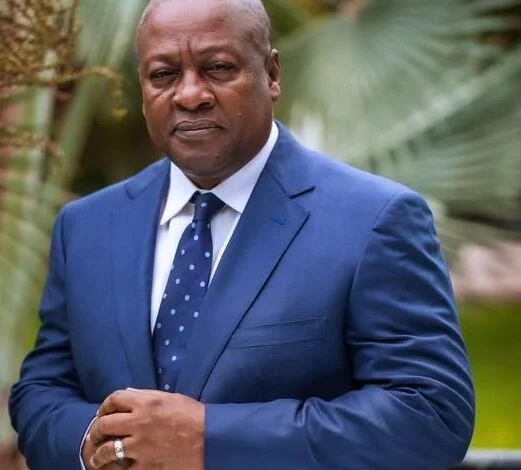
“We are engaged in continuous dialogue because we believe the difficulties they face are not theirs alone. If we do not show solidarity, the threat could easily spill over into the rest of the region”
President John Dramani Mahama
Germany’s new Ambassador to Ghana, Frederick Landshoft, commended President Mahama for what he described as strong leadership in both national and regional affairs. He pointed to Ghana’s economic progress and democratic stability as markers of Mahama’s stewardship.
“The energy of your administration is remarkable. I would like to commend you on your achievements, especially in improving the macroeconomy and other areas that have been recognised internationally.
“For us in Germany, it creates opportunities politically, socially, and economically. We share a long-standing history of cooperation, and this year marks 50 years of partnership”
Frederick Landshoft, Germany’s Ambassador to Ghana
He added that Germany was eager to deepen collaboration with Ghana, particularly in areas of democracy, economic growth, and regional security.
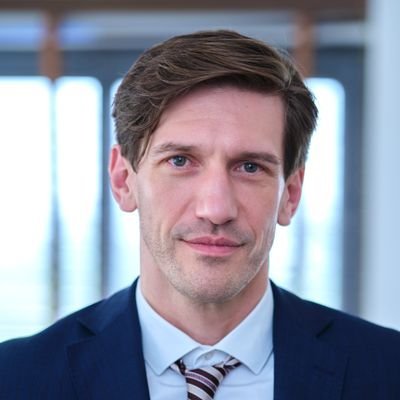
West Africa’s Security Imperative
The withdrawal of Burkina Faso, Mali, and Niger from ECOWAS earlier this year to form the AES was driven by growing discontent with the bloc’s stance on governance and security.
The AES framework aims to consolidate political, economic, and security cooperation among the three countries. However, their exit has raised concerns about regional cohesion in the face of mounting insecurity.
President Mahama has since taken a lead role in engaging the Sahelian states, stressing that their reintegration into ECOWAS remains critical for the region’s collective resilience against extremism.
He has consistently warned that if West African nations fail to act in solidarity, violent extremism could spread further across the subregion and his remarks on Friday reiterated Ghana’s determination, under his leadership, to prevent fragmentation from weakening regional responses to terrorism.
His call for solidarity comes at a time when Ghana continues to strengthen its partnerships with international allies, notably Germany. The collaboration between Germany and the Kofi Annan International Peacekeeping Training Centre has been central to peace and security efforts in the region.
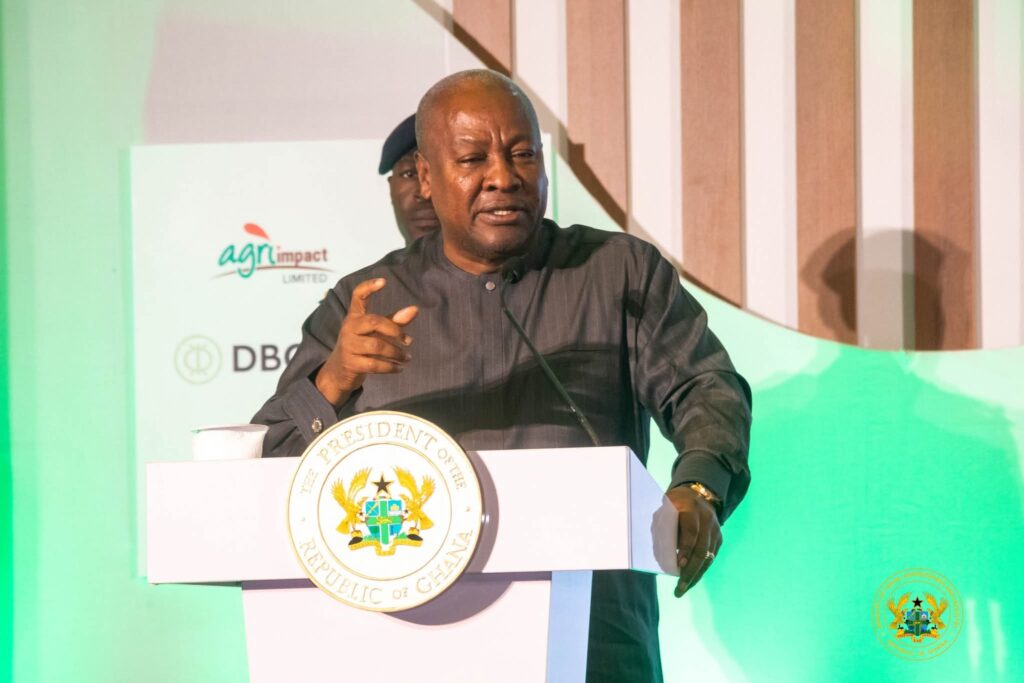
By sustaining such international cooperation alongside ongoing dialogue within ECOWAS, President Mahama expressed confidence that the region can better prepare to confront extremism and safeguard stability.
The President’s position underscores his broader vision of ensuring that regional unity is preserved even in the face of divisions.
His continued dialogue with the AES states illustrates Ghana’s mediating role within West Africa, a role further bolstered by external partnerships that reinforce the region’s capacity to address shared challenges.
READ ALSO: Ghanaian Playwright Dr. Mohammed Ben Abdallah Dies at 81

